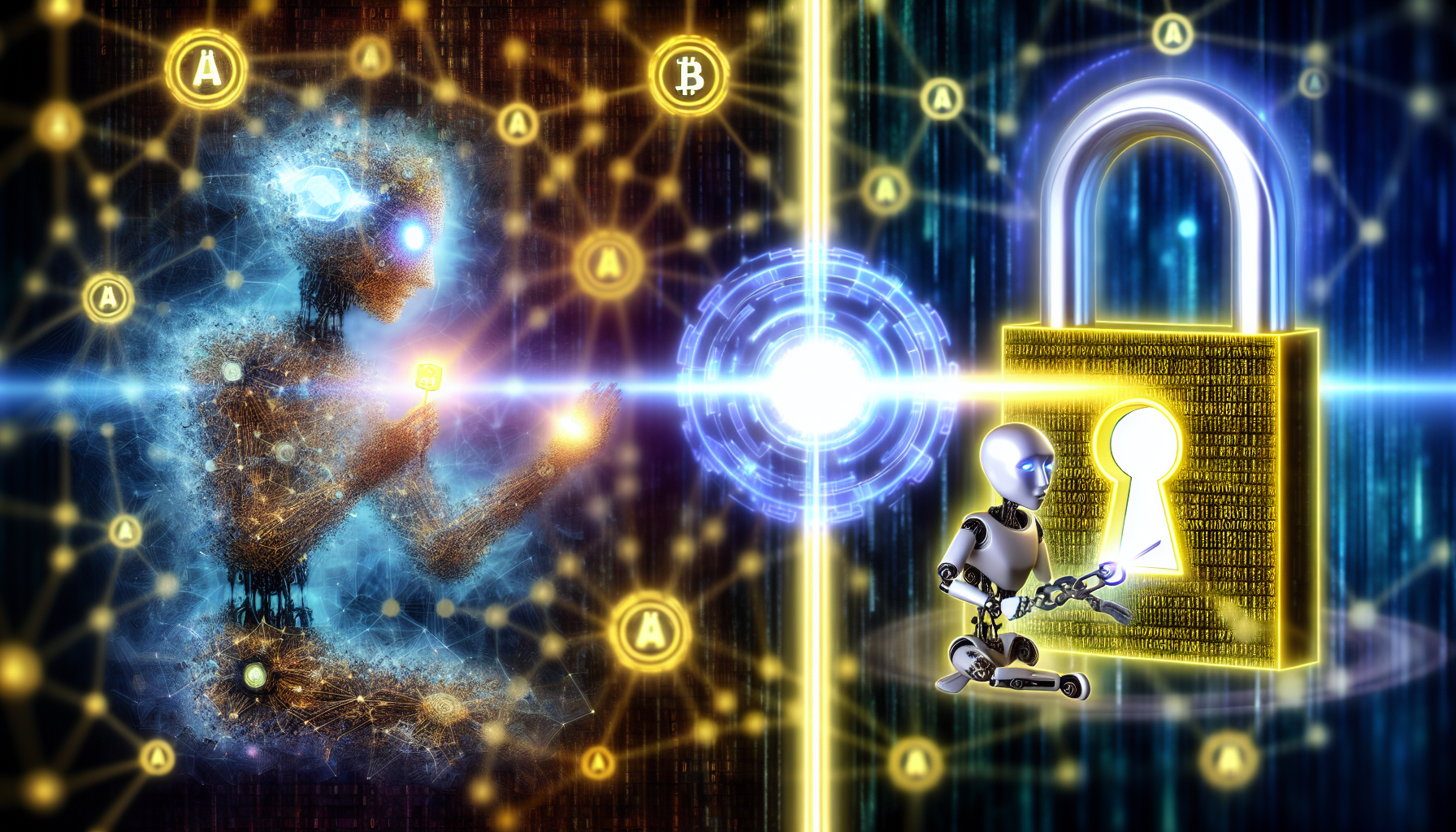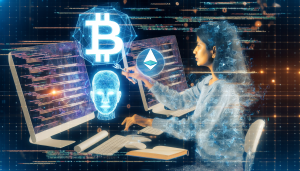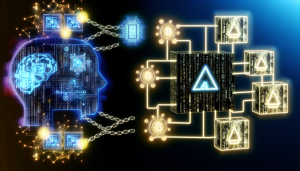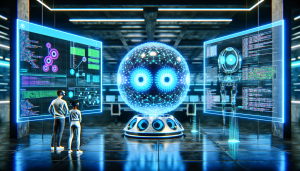Understanding AI Agents and Smart Contracts
Artificial Intelligence (AI) agents and smart contracts are two transformative technologies reshaping various industries. While they operate in distinct domains, their integration promises enhanced automation, security, and efficiency. But are they truly a perfect match? Let’s delve into each technology and explore their synergy.
What Are AI Agents?
AI agents are autonomous entities powered by artificial intelligence that can perform tasks, make decisions, and learn from their interactions. They range from simple chatbots assisting customers to complex systems managing supply chains. Key characteristics include:
– Autonomy: Operate without human intervention.
– Adaptability: Learn and evolve based on data and experiences.
– Interactivity: Communicate and interact with other systems or users.
AI agents are pivotal in automating repetitive tasks, enhancing user experiences, and providing data-driven insights across various sectors.
Decoding Smart Contracts
Smart contracts are self-executing contracts with the terms directly written into code. They reside on blockchain networks, ensuring transparency, security, and immutability. Essential features include:
– Automation: Execute actions automatically when predefined conditions are met.
– Security: Cryptographically secure, reducing the risk of fraud.
– Transparency: All parties can view the contract terms and actions.
Smart contracts eliminate the need for intermediaries, streamline processes, and reduce transaction costs, making them a cornerstone of decentralized applications.
The Synergy Between AI Agents and Smart Contracts
Combining AI agents with smart contracts can unlock new possibilities:
– Enhanced Decision-Making: AI agents can analyze vast amounts of data to make informed decisions, which smart contracts can execute automatically.
– Dynamic Contractual Agreements: AI can adjust contract terms in real-time based on changing conditions, with smart contracts enforcing these changes seamlessly.
– Improved Efficiency: Automation of complex workflows reduces manual intervention, speeding up processes and minimizing errors.
For example, in supply chain management, an AI agent could predict inventory needs and trigger smart contracts to reorder supplies automatically, ensuring optimal stock levels without human oversight.
Real-World Applications
Several industries are exploring the integration of AI agents and smart contracts:
– Finance: AI-driven trading bots can execute smart contracts for transactions, ensuring swift and secure financial operations.
– Healthcare: AI can manage patient data and trigger smart contracts for billing and insurance claims, enhancing accuracy and speed.
– Real Estate: AI agents can assess property values and negotiate deals, while smart contracts handle the legal aspects of transactions automatically.
These applications demonstrate how the combination can lead to more efficient, transparent, and secure systems.
Challenges and Considerations
Despite the promising synergy, several challenges need addressing:
– Complexity in Integration: Combining two advanced technologies requires robust frameworks and standards to ensure seamless interaction.
– Security Concerns: While both technologies are secure individually, their integration might introduce new vulnerabilities that need safeguarding.
– Regulatory Hurdles: Navigating the legal landscape for smart contracts and AI applications can be complicated, especially across different jurisdictions.
Addressing these challenges is crucial for the successful implementation of AI agents and smart contracts together.
The Future Outlook
The fusion of AI agents and smart contracts holds immense potential. As technology evolves, we can expect more sophisticated integrations, leading to smarter automated systems across various sectors. Continuous advancements in AI capabilities and blockchain technologies will further enhance their compatibility and application range.
Innovations such as decentralized AI (DAI) and AI-driven blockchain protocols are paving the way for more resilient and intelligent systems. These developments will likely drive the adoption of AI-smart contract integrations, fostering increased automation and efficiency.
Conclusion
AI agents and smart contracts complement each other by combining intelligent decision-making with secure, automated execution. This partnership can revolutionize industries by enhancing efficiency, transparency, and security. While challenges remain, the ongoing advancements and growing interest suggest that AI agents and smart contracts could indeed be a perfect match, shaping the future of automation and decentralized systems.



